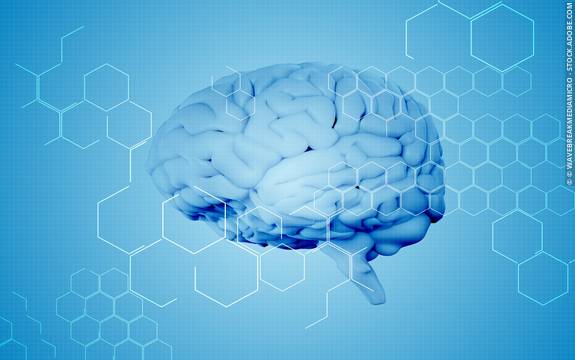Can biology explain our behavior?
A key debate in psychological study over the past century has been whether or not neuropsychology - the study of the brain - and looking solely at the chemical compositions and reactions within it can explain animal or human behavior.
Biological Approach
It makes sense, doesn't it? Just as Chaos theory claims that we can predict all events if we know how everything atom in the universe is behaving at the moment, if we can get down to the basic chemical-level workings of the brain then we can predict and potentially modify human behavior and illnesses.
- Biological bases have been found for a range of psychological disorders. Schizophrenics, for example, have been found to have different brain structures to other people, with smaller brains and higher-than-normal levels of dopamine (you can read more about Schizophrenia and other problems in our Issues section).
- Looking at the chemical make-up of the brain has lead to the successful production of a range of drug treatments in recent decades that have helped in the treatment of a variety of issues, including Prozac (for depression), schizophrenia.
The biological approach in psychology is highly reductionist in its approach to the complexity of human behavior and emotion. Reducing our feelings and reactions to robot-like behavior is not only unethical, it also ignores the factors in our every day environment - our childhood experiences and the influence and behavior of friends and media - that have been found to affect us.
- Psychoanalysis, such as that of Freud and other modern psychiatrists, is an often effective treatment that looks at our lives and takes into account many possible reasons for illness or discomfort.
- Many drug treatments have unwanted side-effects. Claims, for example, that Prozac can cause violent behavior after taking it, are not uncommon, so the claim that the biological approach can produce effective treatment.
- Drugs only treat the biologically-visible effects, not the causes of problems. Childhood experiences that cause trauma and depression during adulthood may be better treated by confronting our past than by using anti-depressants.



























